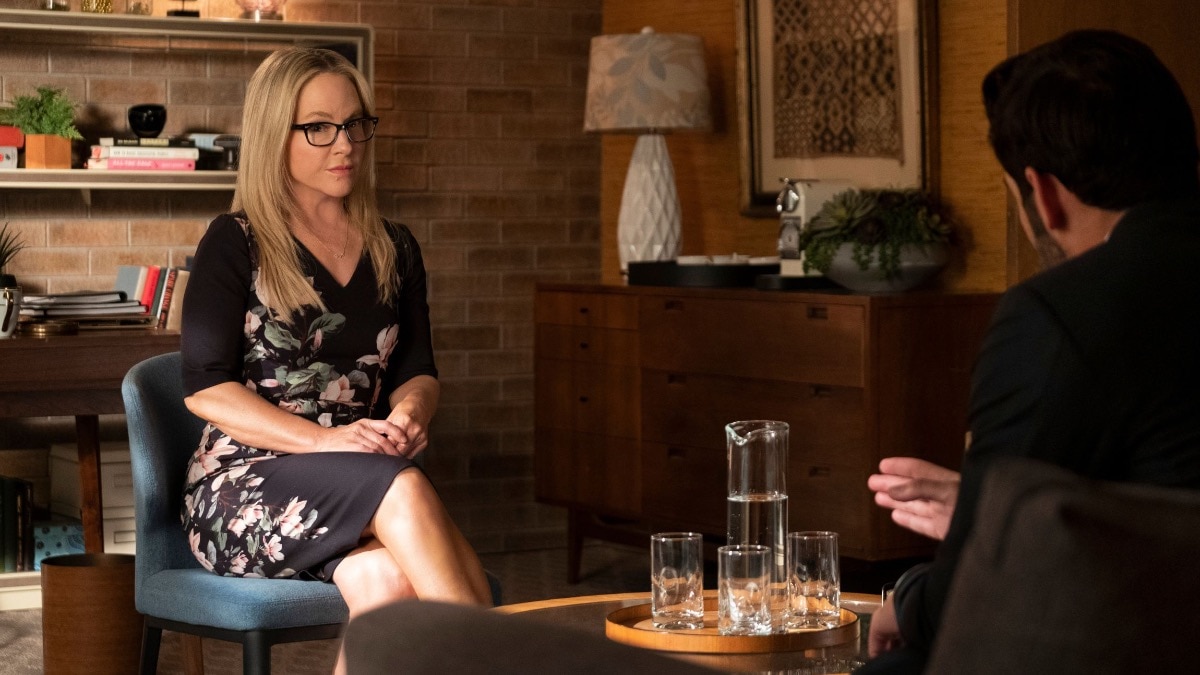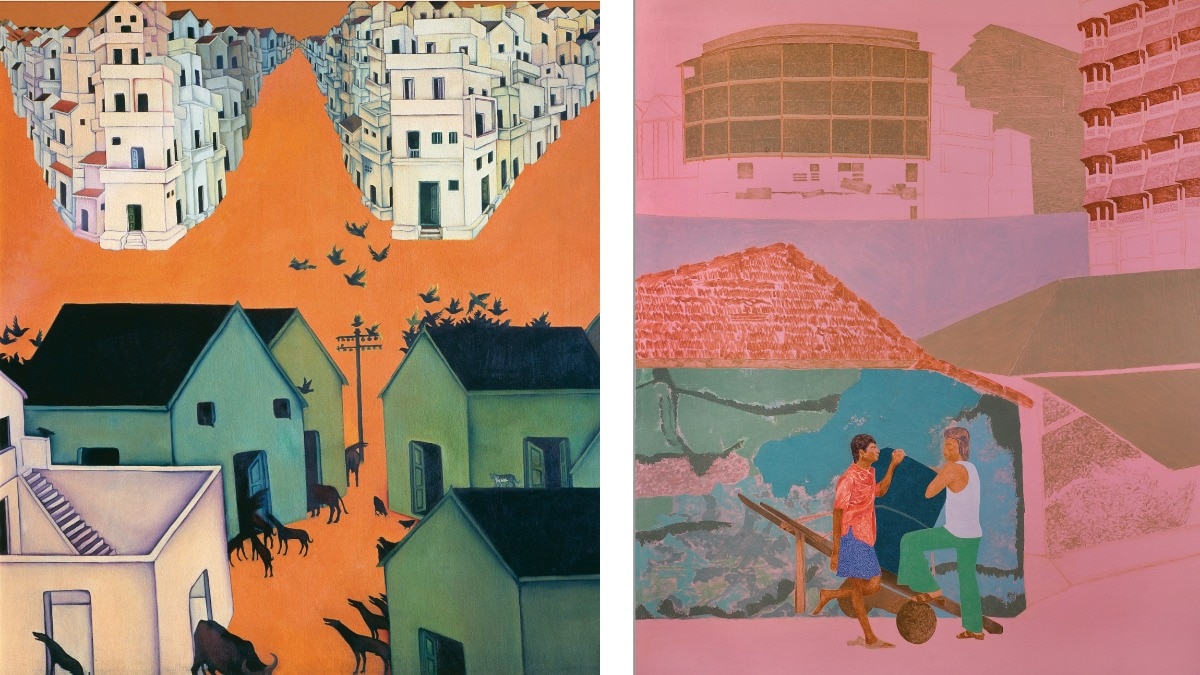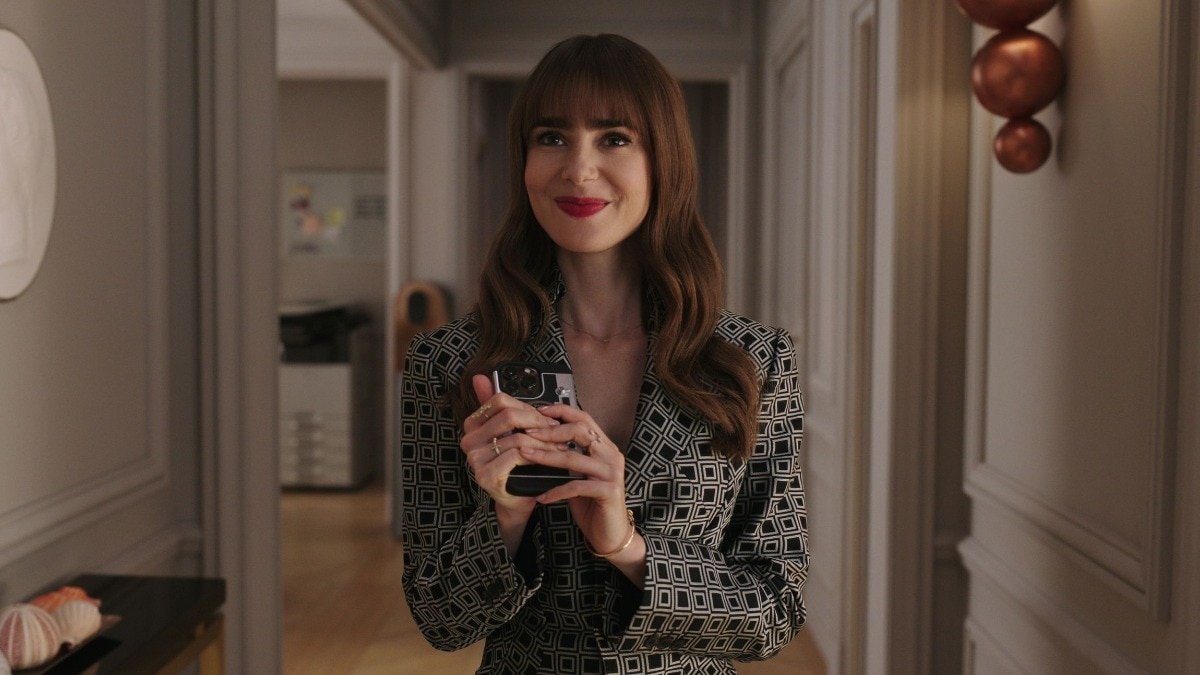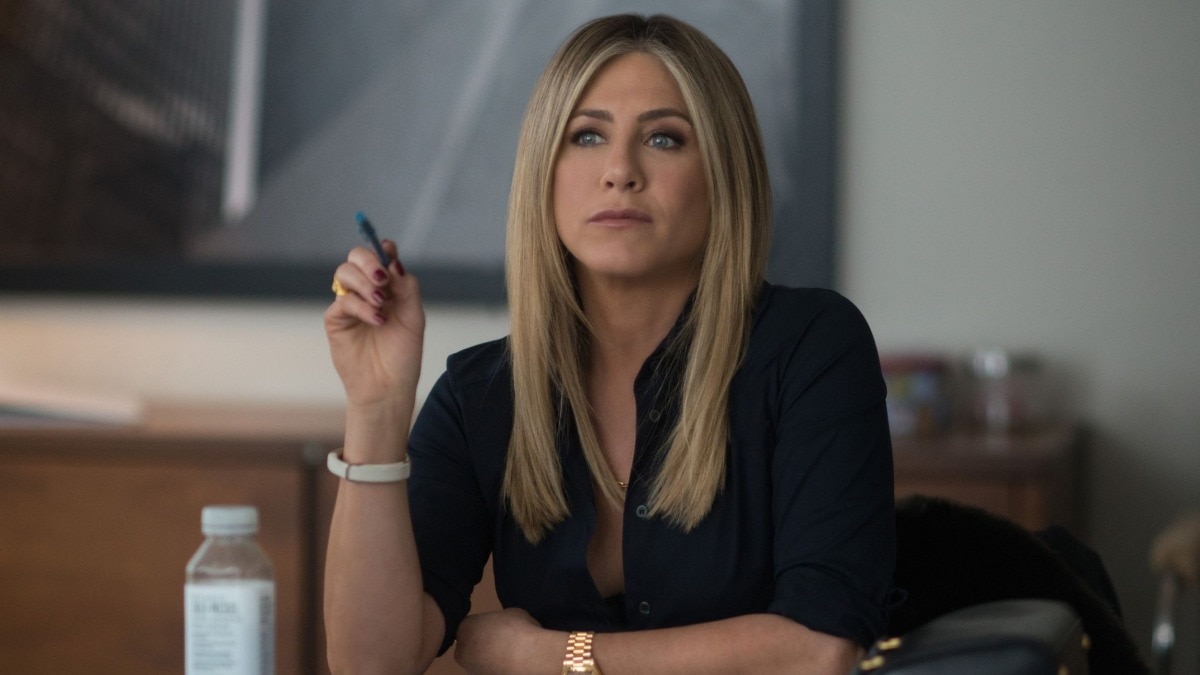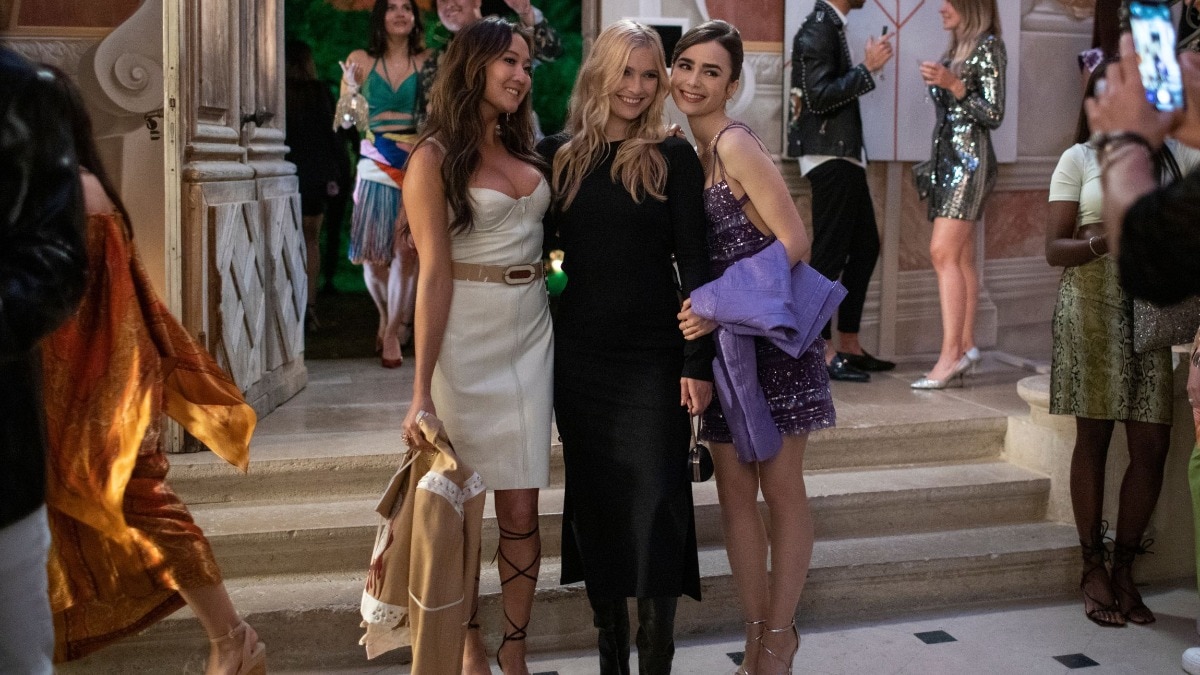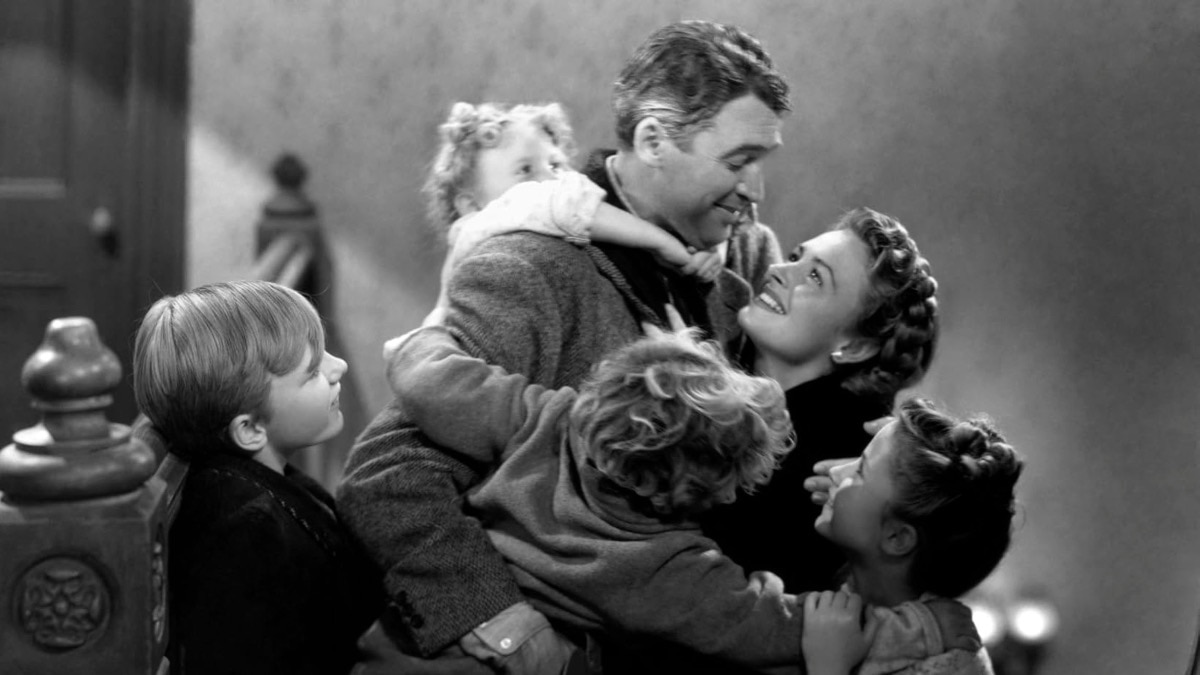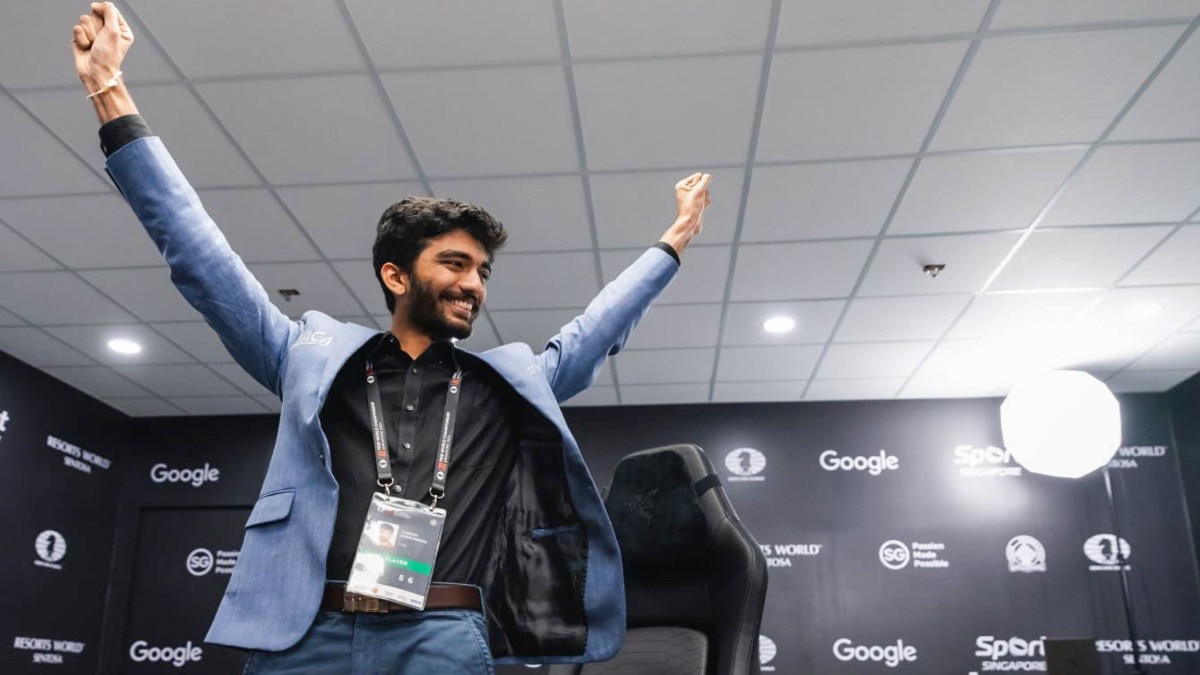Natasha Mudhar's vision for cinema as a tool of transformation
The founder of The World We Want Studios talks to Bazaar India about the authenticity in films, the connection between creativity and madness, and more.

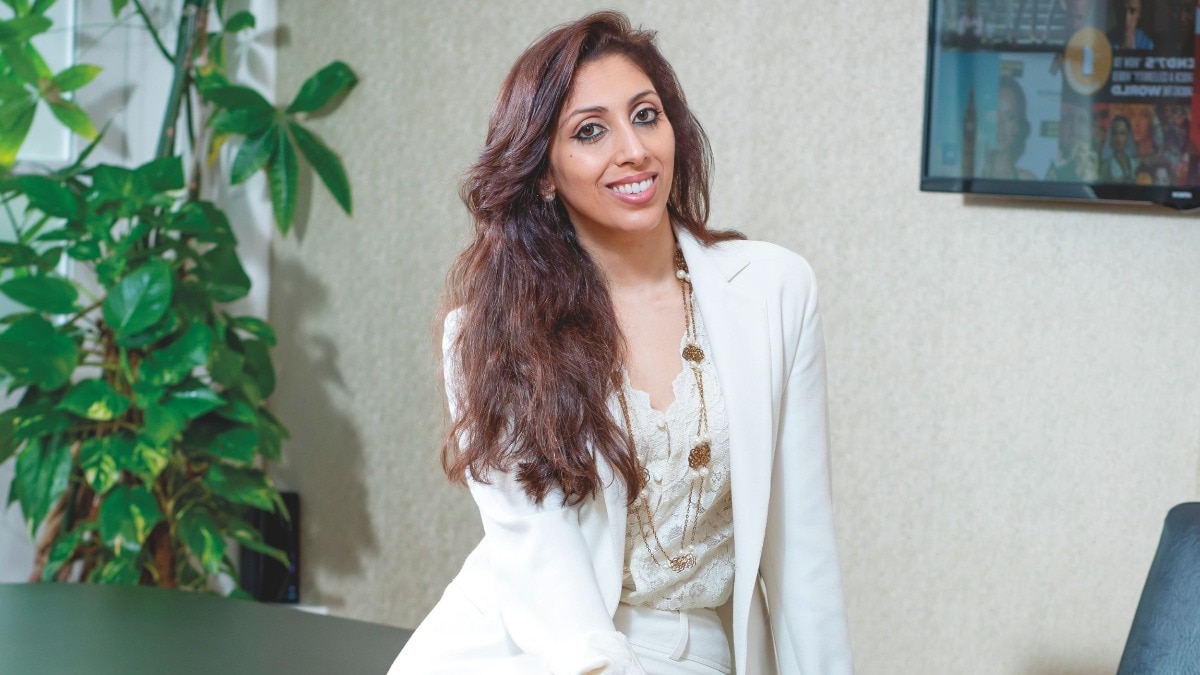
At The World We Want Studios, founder Natasha Mudhar is driving projects that are not only steeped in rich storytelling, but also address complex issues with depth and nuance. She has worked on campaign for Pad Man (2018)—a film on menstrual hygiene—the BAFTA campaign for Laapataa Ladies (2024), and even managed to get on board Hollywood actors Salma Hayek and Matt Damon to back Akshay Kumar-starrer Toilet Ek Prem Katha (2017). Mudhar’s latest ventures include co-producing Lear Rex—a reimagining of King Lear starring Al Pacino—and executive producing the Johnny Depp directorial Modi – Three Days on the Wing of Madness—both the projects are produced by Barry Navidi. Versatile stories that push boundaries with their blend of art and advocacy seem to be where Mudhar is most interested in carving out a niche for herself.
A second-generation British Asian whose family immigrated to the United Kingdom, Mudhar has deep ties with her Indian heritage, making her journey even more compelling. In this conversation with Bazaar India, she opens up about what drew her to her current projects, including the story of the Somali British boxing champion Ramla Ali, her reflections on the ties between creativity and madness, and her vision for cinema as a tool of transformation.
Harper’s Bazaar: What do you think sets Lear Rex apart from other adaptations of King Lear?
Natasha Mudhar: Its vision. It presents [William] Shakespeare’s work in a way that’s vibrant, accessible, and intensely cinematic, merging timeless themes of power, betrayal, and loyalty with Hollywood’s visual and emotional dynamism. Directed by Bernard Rose and featuring a stellar cast, including Al Pacino, Jessica Chastain, Rachel Brosnahan, and Peter Dinklage, it brings a bold cinematic vision to King Lear.
HB: What qualities do you believe Al Pacino brings to the character of King Lear that are unique to this adaptation?
NM: His portrayal of King Lear is deeply resonant as he brings a profound understanding of Shakespeare’s work. He has poured his heart and soul into this role, lending Lear Rex a layered vulnerability.
HB: You are executive producing the Johnny Depp directorial Modi-Three Days on the Wing of Madness. Do you think madness and creativity are closely linked?
NM: Modi is a compelling exploration of three pivotal days in (Italian painter and sculptor) Amedeo Modigliani’s life, set against the backdrop of World War II in Paris. The film delves into themes of art, love, rejection, and the relentless pursuit of recognition—universal struggles that resonate with artists and audiences alike. Madness and creativity are intertwined. Similar struggles have shaped iconic figures like Van Gogh, Frida Kahlo, and even India’s MF Husain, whose boundary-pushing works sparked controversy yet stemmed from intense and restless creativity.
HB: Filming just wrapped for In The Shadows, a story of refugee Ramla Ali who becomes the first Somali-British professional boxing champion. What motivated you to support Ali’s story as a feature film?
NM: What excites me most about In The Shadows is its depth—it’s a coming-of-age story that explores universal themes of identity, family, love, and faith through the lens of resilience, courage, and self-discovery. Ali’s journey isn’t just about her achievements as the first female Somali-British professional boxing champion, it’s also about her navigating new cultural landscapes as part of a diaspora and as a woman of colour. My grandparents and mother arrived in the UK from Kenya in the 1960s, facing social and racial challenges similar to those experienced by Ali and her family.
HB: How did the producers go about building that trust with her where she felt safe sharing her story?
NM: Trust was fundamental to this project, and the entire team did an extraordinary job creating an environment where Ali felt confident sharing her story—and that of the Somali community—would be told with sensitivity, care, and respect. The team conducted meticulous research to capture the Somali community sensitively, paying close attention to dialects, cultural expressions, and the visual and social dynamics within it. In fact, Ali herself remained closely involved throughout the entire development process—from reviewing scripts to offering insights—to maintain this authenticity.
HB: How do you view the role of music and dance in Indian films? Do you think these can be integrated into global cinema?
NM: I was born and raised in London, but my heart has always been tied to India. My love for Indian films began in the 1980s, with me trying to mimic my idol Sridevi’s iconic dance sequences from films like Himmatwala (1983) and Nagina (1986). That early exposure shaped my understanding of cinema, teaching me that music and dance are as essential to storytelling as dialogue and drama.
I believe we’re at a cultural juncture where there’s a growing openness to diverse storytelling styles, and Indian cinema’s vibrant, immersive approach to music and dance has a universal appeal. For me, it’s exciting to envision a future where these elements are woven more expansively into global narratives, creating cinema that’s as dynamic as it is inclusive.
HB: Have you considered collaborating with Indian filmmakers or integrating Indian elements into your projects? Who would be on your wish list?
NM: I’m eagerly anticipating my foray into Indian cinema as a producer or financier. While my recent projects have been with Hollywood and British productions, my dedication to Indian cinema has always been unwavering.
There are so many Indian filmmakers I’d love to work with. Among them is Richie Mehta—I’ve long respected his ability to create powerful, universally resonant content, as seen in Poacher (2024) and Delhi Crime (2019). I recently attended a screening of Girls Will Be Girls (2024), produced by my good friend Richa Chadha, and I’d love to team up with her and Ali Fazal to literally “push a few more buttons” to champion narratives that challenge the status quo
I had the opportunity to work with Kiran Rao on the awards campaign for Laapataa Ladies. I loved how Kiran uses comedy to deliver powerful social commentary, challenging patriarchal norms and outdated marriage traditions with wit, nuance, and inclusivity.
I also admire the works of Zoya Akhtar and Reema Kagti for their nuanced portrayal of the Indian society and their focus on stories from the fringes, be it Gully Boy (2019), which brings India’s underground rap scene into the spotlight, or Superboys of Malegaon (2024) that showcases the resourceful spirit of jugaadu filmmakers.
HB: What has been the most challenging or exciting project you’ve worked on?
NM: One of the most transformative projects I’ve worked on is Pad Man with Akshay Kumar, Twinkle Khanna, and R Balki—the world’s first feature film focused on menstrual hygiene based on the remarkable story of Arunachalam Muruganantham. As an advocate for women’s sexual and reproductive rights, I was proud to see the film open up dialogue on period, poverty, and menstrual stigma. Our campaign played a pivotal role in raising awareness, ultimately leading to India’s abolition of the tax on sanitary pads. Through Pad Man, we were paving the way for a cultural shift—one that normalises conversations about women’s health and makes education on menstrual hygiene accessible and unfiltered.
All images: Courtesy Associated Press
This piece originally appeared in Harper's Bazaar India, December 2024, print edition.
Also read: The best classic Christmas movies of all time
Also read: 'Maria' is a cinematic fashion feast fit for a diva


